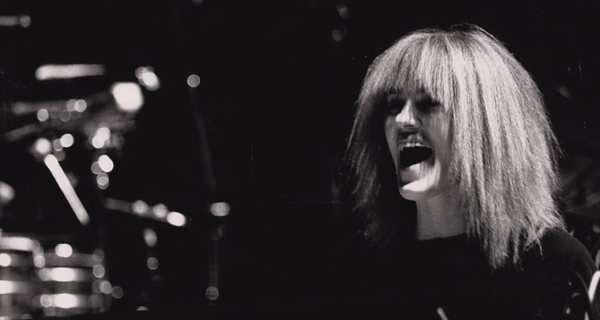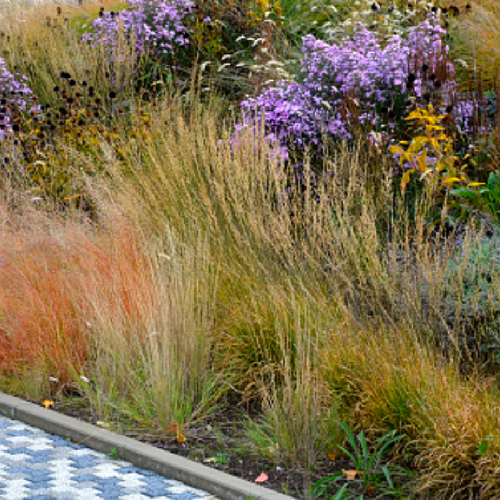THIS WEEK’S MUSE
CARLA BLEY, MUSICIAN

“Listening is more important than anything else because that’s what music is. Somebody is playing something and you’re receiving it.”
Carla Bley is an American jazz composer, pianist, and bandleader. She became an important figure in the free jazz movement of the 1960s and has composed or contributed to over fifty albums to date.
Bley was born in 1936 in Oakland, California and as a child was encouraged to sing and play piano by her choirmaster father. Perhaps he hoped she would follow him into the church, but Bley’s calling lay in the altogether more secular world of jazz. Aged fourteen, she gave up the church to immerse herself in roller skating; at seventeen, she moved to New York, became a cigarette girl at the legendary Broadway jazz club Birdland, and “began listening.”
Like many learning their craft, but unlike role models such as Thelonious Monk, Erik Satie, and Miles Davis, her early compositions were busy with notes, phrasing, and instrumentation. But she continued listening. “I just got to hear every note. After I left Birdland, I started working at the Jazz Gallery. In the end, I still couldn’t play, but I knew how to listen.” Later, she learned the power of economy in composition. She discovered the impact of not playing a note, leaving spaces, and simplifying arrangements.
Bley is often described as avant-garde, perhaps due to her involvement in the free jazz movement during the 1960s. Although labeling is convenient for writers and reviewers, it does her a disservice. Her writing is steeped in the great names of traditional jazz – figures she spent a lifetime listening to and emulating through trial and error. Bley sees her untrained process of writing music, which she freely describes as “blissful ignorance,” as a strength. “I don’t think you can ever regain your ignorance,” she once said.
Many dedicated jazz fans are familiar with Carla Bley, but to the average music fan, her relentless productivity and constant reinvention make her difficult to grasp. Her constant drive to discover and invent means each album can varies wildly from the last.
Perhaps the reason we call her avant-garde is our fault. Perhaps how we consume, perceive, and listen to music has changed so dramatically in recent years, that someone like Bley doesn’t fit the norm and is pushed to the periphery. Unfairly maybe, but unconsciously.
Historian, music critic, and columnist for The Village Voice for over 50 years, Nat Hentoff, described Bley fittingly. “Her scores for jazz big bands,” he said, “are matched only by those of Duke Ellington and Charles Mingus for yearning lyricism, explosive exultation and other expressions of the human condition.” Blay has been listening.
“Listening is more important than anything else because that’s what music is. Somebody is playing something and you’re receiving it. It is sending and receiving.”
HAPPENING
Tuesday, August 1, 10–11am

COFFEE & MOTHER EARTH: ORNAMENTAL GRASSES
with Priscilla Husband
Discover the secret joys and pleasures of grasses in your garden.
Member: $14, Non-member: $16
